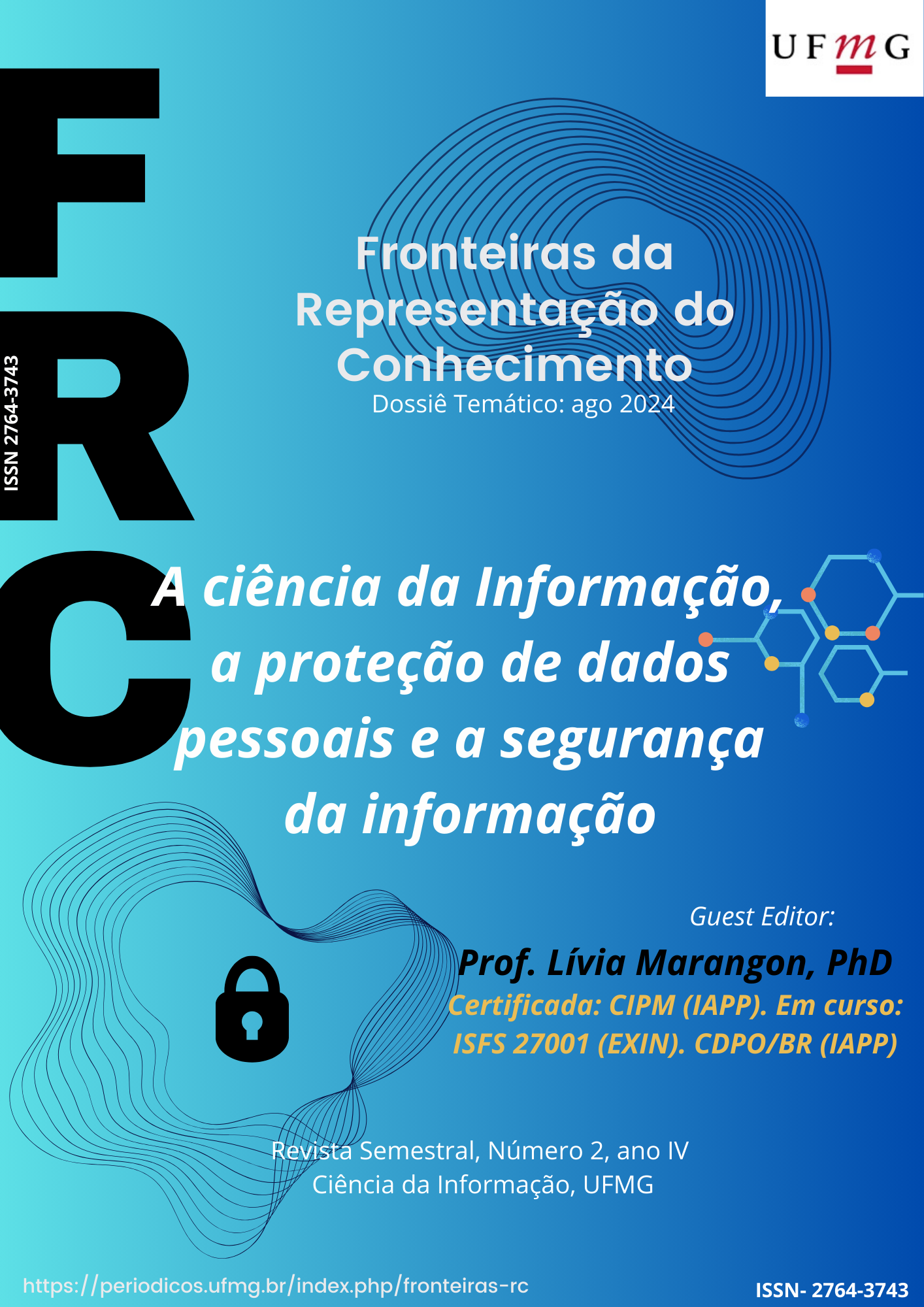Inteligência Artificial e Privacidade Os desafios do Privacy by Design
Main Article Content
Abstract
Resumo:
O presente artigo visa abordar os desafios de garantir o Privacy by Design no desenvolvimento de sistemas com o uso de inteligência artificial, incluindo a IA generativa, tendo em vista o avanço crescente desta tecnologia e a necessidade de expandir as análises prezando pela garantia da privacidade e pelo fomento da inovação. A metodologia utilizada baseou-se na coleta de informações bibliográficas, de artigos científicos e legislações. Por meio desta metodologia, foi possível analisar a importância de se considerar aspectos de proteção de dados pessoais em IA, de forma a incorporar a privacidade no seu desenvolvimento e, assim, antecipar a aplicação de medidas mitigatórias de riscos aos titulares de dados, inclusive em relação a não-discriminação e à necessidade de transparência no tratamento dos dados. Portanto, o objetivo deste artigo é contribuir com reflexões necessárias para que o avanço tecnológico não represente um retrocesso, no que tange à previsão do direito à privacidade como um direito fundamental previsto na Constituição Federal Brasileira.
Palavras-chave: inteligência artificial; LGPD; privacidade; privacidade por design.
Abstract:
This article aims to delve into the complexities of integrating Privacy by Design principles into the development of artificial intelligence systems, including generative AI. Driven by the rapid advancement of these technologies, this investigation underscores the necessity of enhancing evaluations that simultaneously promote the safeguarding of privacy and the encouragement of innovation. The investigative approach adopted herein is grounded in a compilation of bibliographical sources, encompassing both scholarly publications and pertinent legislative documents. Through this methodology, it was possible to analyze the importance of integrating personal data protection considerations into AI development processes. This integration aims to proactively embed privacy safeguards and implement risk mitigation strategies for data subjects, addressing potential issues of discrimination and necessitating transparency in data utilization practices. Therefore, this article aspires to foster pivotal discourse, ensuring that technological progress does not undermine privacy rights, as enshrined in the Brazilian Federal Constitution, thereby affirming privacy as an inalienable fundamental right.
Keywords: artificial intelligence; LGPD; privacy; privacy by design.
Article Details
Section

This work is licensed under a Creative Commons Attribution 4.0 International License.
From: https://creativecommons.org/licenses/by/4.0/
You are free to:
- Share — copy and redistribute the material in any medium or format
- Adapt — remix, transform, and build upon the material
- for any purpose, even commercially.
- The licensor cannot revoke these freedoms as long as you follow the license terms.
Under the following terms:
-
Attribution — You must give appropriate credit, provide a link to the license, and indicate if changes were made. You may do so in any reasonable manner, but not in any way that suggests the licensor endorses you or your use.
- No additional restrictions — You may not apply legal terms or technological measures that legally restrict others from doing anything the license permits.
Notices:
- You do not have to comply with the license for elements of the material in the public domain or where your use is permitted by an applicable exception or limitation.
- No warranties are given. The license may not give you all of the permissions necessary for your intended use. For example, other rights such as publicity, privacy, or moral rights may limit how you use the material.


